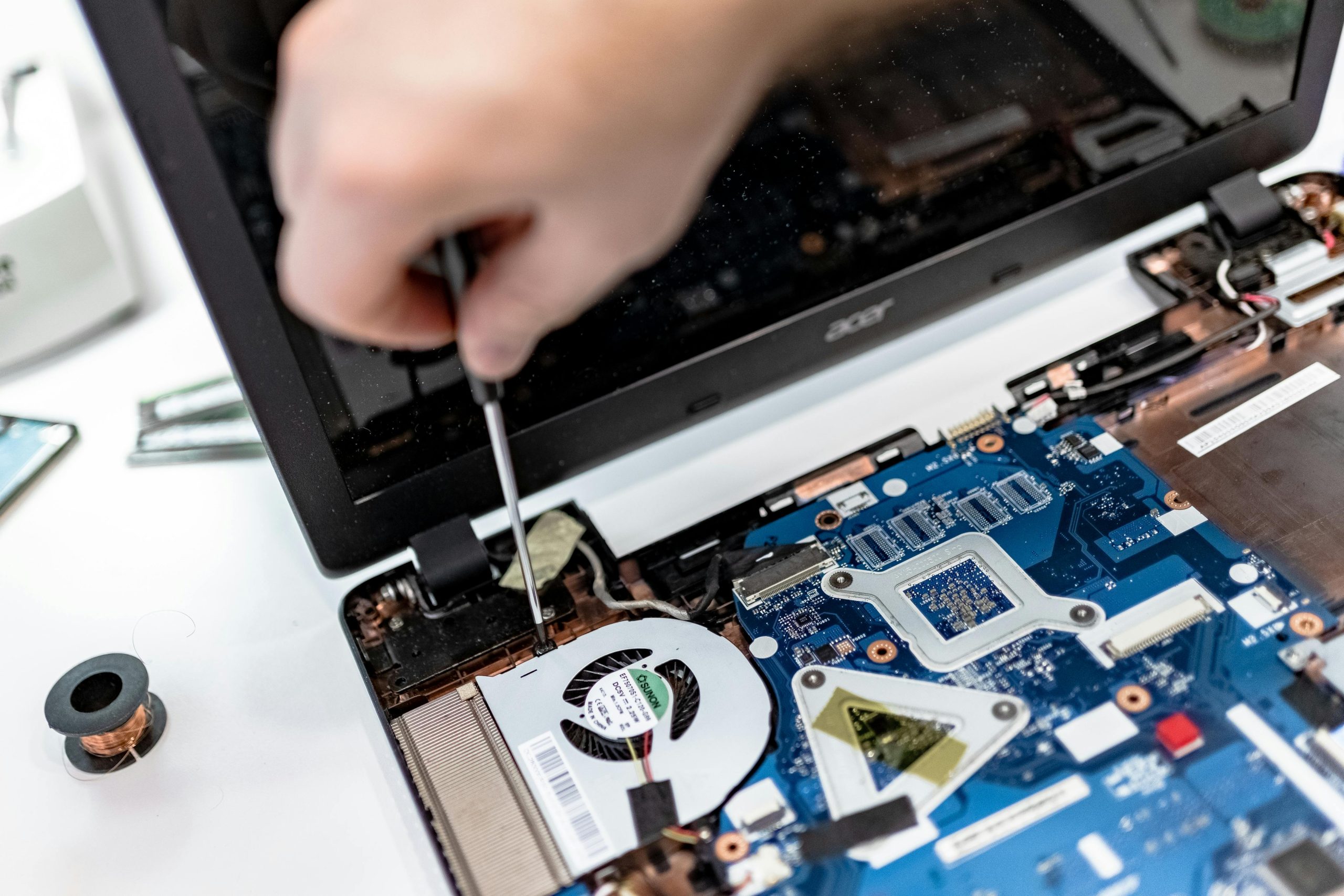Revolutionizing Cybersecurity: Insights from Google’s SecOps Team
In a recent exploration of Google’s latest Security Operations (SecOps) report, I was intrigued by their innovative strategies and the significant shifts they’ve made in the realm of cybersecurity. The statistics are striking: a mere 3% of security events involve human analysts, with a staggering 97% being managed through automated processes. This raises fascinating questions about the future of the cybersecurity landscape.
Key Takeaways from Google’s Approaches
One of the most compelling aspects of Google’s strategy is their management of the world’s largest Linux fleet. Impressively, they have achieved detection dwell times of only a few hours, significantly outpacing the industry standard of weeks. This rapid response capability is indicative of their commitment to staying ahead of potential threats.
Another noteworthy practice is the collaboration between detection engineers and alert triage. Unlike traditional models where these functions are often separated, Google empowers their engineers to both create and assess their alerts. This integrated approach fosters a more dynamic response to security challenges.
Additionally, Google has leveraged artificial intelligence to streamline their processes, reducing the time spent on drafting executive summaries by 53%. This improvement showcases their ability to harness technology without compromising on quality.
A Shift from Reactive to Proactive Security
What I find particularly captivating is how Google has redefined the perception of security roles, elevating them to an engineering-focused discipline rather than just a reactive function. This emphasis on automation and coding expertise invites us to consider whether traditional security roles will increasingly evolve into engineering positions.
I invite you to ponder this shift: Is the future of cybersecurity firmly anchored in engineering skills rather than conventional security expertise?
For those interested in further insights and discussions surrounding cybersecurity trends, I invite you to subscribe to my weekly newsletter tailored for cybersecurity leaders here. Stay informed and ahead in this rapidly changing field!
Share this content:



